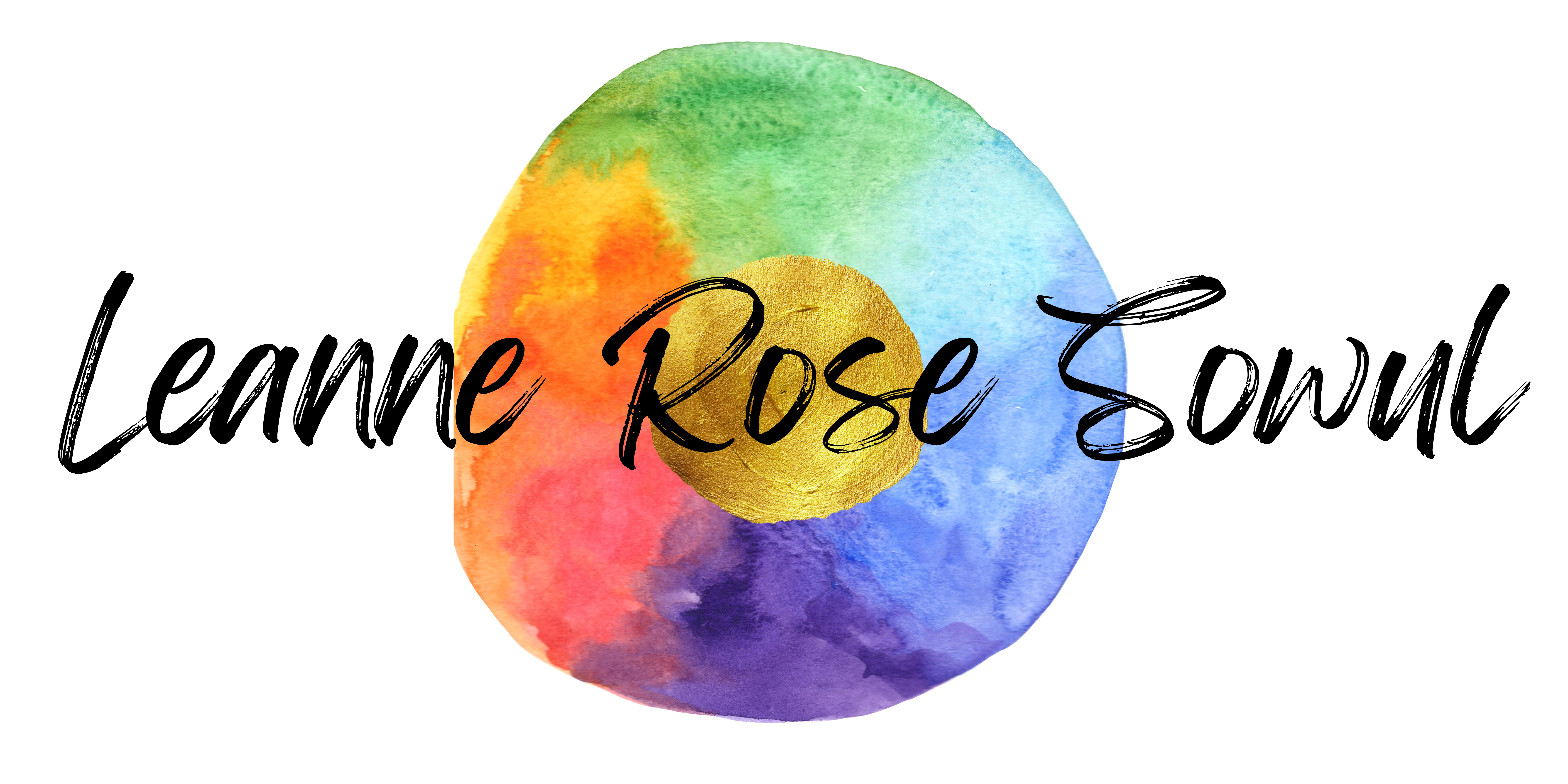Over the last few weeks, I’ve been listening to Happier at Home by Gretchen Rubin on CDs in my car. It’s taken me awhile, because due to the cold and snow up here in the Northeast, I haven’t actually been in my car very much! I’m glad, though, that I digested this book at a slow pace, because it gave me plenty of time to think out my mixed emotions about it.
Let me start by saying that I respect Gretchen Rubin greatly: her thought process, her level of research, her refined writing style. But I struggled a lot with this book; I often felt very stressed while listening to it. At first, I thought it was because her approach to “happiness” is so methodical and goal-oriented that I found it overwhelming. But that didn’t seem right to me, because I AM methodical and goal-oriented, albeit less so than Rubin. After a few days’ thought, I finally realized that what discomfits me is the word, “happiness,” used to describe her personal-growth projects, in this book and her previous book, The Happiness Project (which I have not yet read, but was often referenced in Happier at Home).
I believe that “happiness” is much too simple a term to describe what Rubin is after. Among other things, she wants:
- an organized home and an organized mind
- deep and fulfilling relationships with her family and friends
- a strong sense of self, and peace within
- continual learning, growth and self-discovery
These are all things that I want for myself, so when I listened to Rubin talk about her life, I often thought, “YES.” But when I got to the implementation parts, the sections where she referred to her project as pertaining to “happiness,” I felt a strong “NO.” Rubin often says that sometimes you have to do things that make you unhappy in order to achieve overall happiness, such as getting rid of clutter, which is an unpleasant task, but leads to a satisfactorily ordered life. But to my mind, happy is as happy does. I’d have a hard time describing myself as happy when doing a chore I dislike. I’d be glad I’d done it later, but even then, “happy” isn’t the word I’d use. I often do things I don’t want to because I believe they are important steps toward building the life that I want. I think that’s what Rubin is doing with her projects: making herself wholly conscious of building the life she wants and the person she wants to be. I respect the hell out of that, but I think “happiness project,” or anything with “happy” in the title, is misplaced marketing. (Who knows- the title and theme may not have even been her idea.)
Once I realized my problem with the book’s theme, I was able to reframe things in my mind and became much more comfortable listening to the rest of it. I started following Rubin’s blog and plan to read The Happiness Project sometime in 2014. I suspect I’ll enjoy it more because I’ve already reframed my understanding of “happiness.”
One part of the book I particularly liked was her “Tiggers and Eeyores” theory. Essentially, “Tiggers,” people who project an upbeat, positive persona, rise in response to “Eeyores,” people who tend to complain and take the negative view, often under the guise of being “realistic.” “Tiggers” may not actually be optimists in their own heads, or even with other people, but when confronted with an “Eeyore,” their positivity comes out as a defense mechanism. I found that idea fascinating and a little hilarious, when I thought of all my close relationships, and realized that in some, I am typically the Tigger, and in others, I’m typically the Eeyore. In my relationship with my husband, I can think of several circumstances in which he reacts in a Tigger-ish way to my Eeyore moodiness. When I’m sad or angry, he instantly goes into “cheer Leanne up” mode. I appreciate his efforts, but sometimes it makes me impatient because hey, I’m just being an Eeyore right now, okay? The next time this happens, though, I think I’ll be able to snap out of my moodiness more quickly, because the idea of me as Eeyore and Nick as Tigger is simultaneously depressing and hilarious.
One other idea of Rubin’s that I’m going to adopt is taking a “theme word” for the year. I love this idea. Rubin suggested it as a way to simplify New Year’s resolutions; instead of coming up with bullet points, just use a word like “health” to define your year. I still plan to make specific resolutions, because I need to form habits to make my goals stick, and that won’t happen if I over-simplify. But I do like the “theme word” idea as a way to set my state of mind for the year. I’m considering words like “faith,” “drive,” “determination,” “tempo,” and “energize.” I’ll reveal my choice in my New Year’s post.
I won’t be posting again until around New Year’s, partly because I need a little break, and partly because I doubt most of you will be trolling the blogs over the holidays. I’ll take this opportunity, then, to say Merry Christmas to all who celebrate, and Happy Holidays to everyone else. Enjoy the time and change of pace- and hey, think about reading Shakespeare in 2014!

